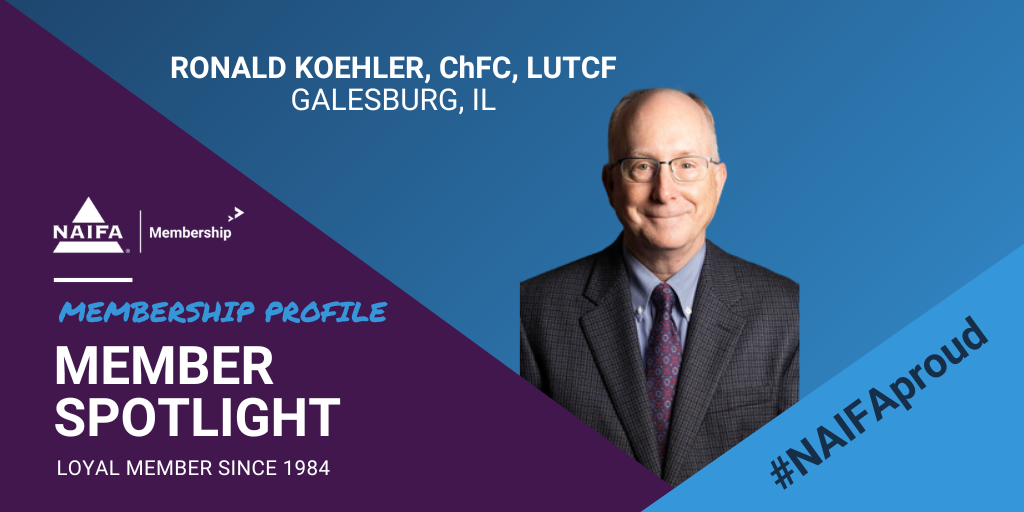Have you ever wondered how to connect with prospects effortlessly? Imagine being able to establish meaningful relationships with anyone, anywhere, and at any time, regardless of the setting or circumstance. Surprisingly, it's not your technical knowledge of products and services that you can provide that forges these connections. Instead, it's your proficiency in developing essential soft skills that transform prospects into loyal clients.
You see, to do well in the financial services industry, you need two kinds of skills: hard skills and soft skills. Hard skills are the technical skills you use in your business, like creating a financial plan or doing an insurance quote. They are easy to measure because you know how to do it or you don’t. Soft skills are people skills that are about making connections with others. They are harder to gauge because measuring communication, collaboration, and conflict resolution is difficult.
Without mastering the soft skills of connecting with others, you won’t utilize your hard skills, like creating a financial plan, because prospects won’t be interested in working with you. However, having excellent soft skills makes a prospect want to become your client.
John C. Maxwell, the author of the book Everyone Communicates, Few Connect: What the Most Effective People Do Differently said it best, “Connecting is the ability to identify with people and relate to them in a way that increases your influence with them."
I believe that it is true. In the financial services industry, advisors and agents that can successfully communicate with others tend to have more successes!
Let’s examine a few soft skill sets that will have the biggest impact on your business.
Soft Skill Set #1: Emotional Intelligence.
I’m sure you’ve heard the term “emotional intelligence,” but do you know what it is? In its simplest definition, Emotional Intelligence (EQ) is described as “people smart.” Whereas, Intellectual Quotient (IQ) is described as “book smart”. In Daniel Goldman’s book Emotional Intelligence: Why It Can Matter More Than I.Q., he talks about five core competencies- self-awareness, self-regulation, motivation, empathy, and social skills.
To increase your emotional intelligence, you must cultivate self-awareness, regulate emotions, practice empathy, and enhance social skills. People with high emotional intelligence can better navigate difficult conversations, manage stress, and resolve conflicts; this is the foundation of all soft skill sets.
Soft Skill Set #2: Communication or Interpersonal Skill Sets
In order to make effortless connections, you need to be a good communicator. People who can communicate their ideas, concisely, and persuasively are usually the ones who get ahead in their careers.
You’d be surprised how often communication skills are overlooked because most advisors and agents are so knowledgeable that they want to tell prospects and clients what to do rather than helping them understand why they should do it. To truly increase this soft skill, you need to master two things: how to ask better questions using S.P.I.N. Selling and how to train yourself to listen well using empathetic listening techniques.
Soft Skill #3: Collaboration
In today’s workplace, collaboration with other team members is essential! People who are good at collaborating can work well with others and build relationships easily.
These team players can compromise; see things from other people’s perspectives, and exercise strong verbal communication. But, it’s not easy. You need strategies to help those, who are helping you, to take action and get the things accomplished. And, it’s not just about collaborating with team members; it’s also about collaborating with clients when you need them to take action.
To increase this soft skill set, map out a strategy for having heart-to-heart talks with those who have not been taking action. The goal is to help them understand what happens when they don’t move forward. This creates a sense of urgency and helps others understand the importance of taking action.
Soft Skill Set #4: Conflict Resolution
Conflict resolution is the ability to resolve conflicts quickly and efficiently. People who are good at conflict resolution can stay calm under pressure and see both sides of a situation. They can also find creative solutions to problems and diffuse difficult situations.
Now, you might think that conflict resolution typically involves staff members who aren’t getting along or are angry with management about something, but, it also applies to your clients.
The best way to increase this soft skill when faced with a conflict is to use the following three steps: diffuse the situation, look at it from their perspective, and resolve the conflict with communication and (most likely) compromise.
Why Building Your Business Soft Skills Works
The reason why Building Your Business Soft Skills works so well is because those soft skills are the building blocks for creating lasting relationships, transcending mere transactions. In the Advisor Solutions Podcast Episode #93: Building Your Business Soft Skills, you will find a much more detailed account of these and other soft skills. When you apply these skill sets you will bridge the gap between your expertise and rapport with clients, prospects and colleagues!






.png)


.png?width=300&height=600&name=Tax%20Talk%20Graphic%20-%20email%20tower%20(300%20x%20600%20px).png)
